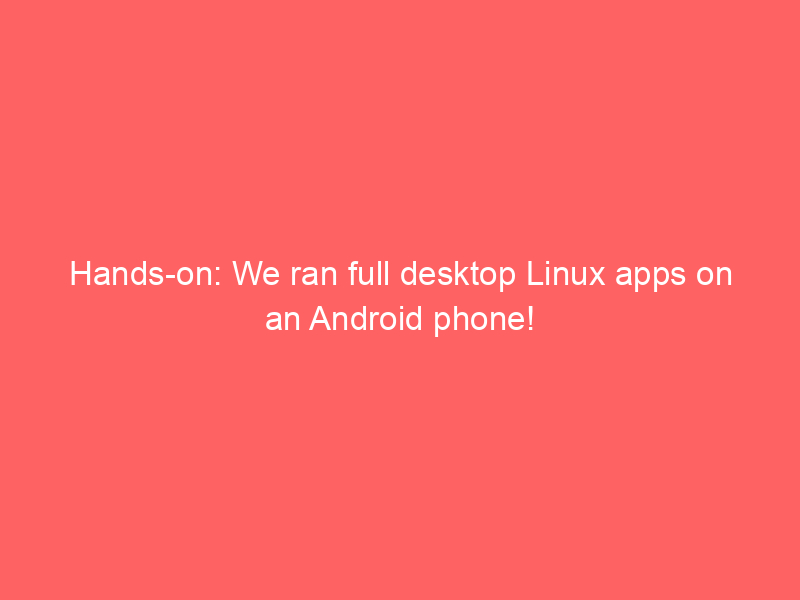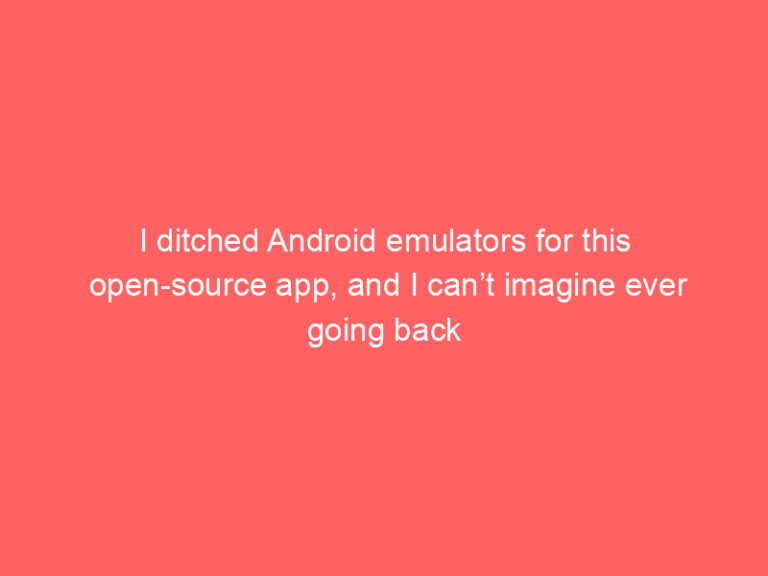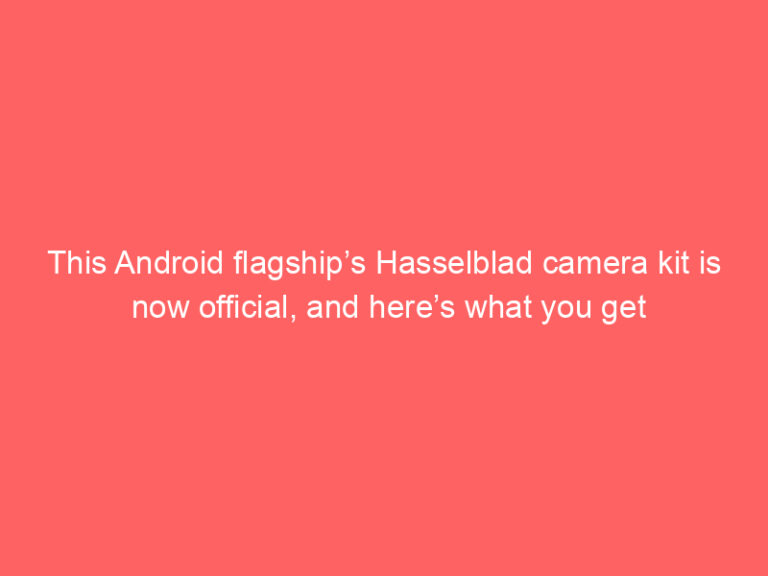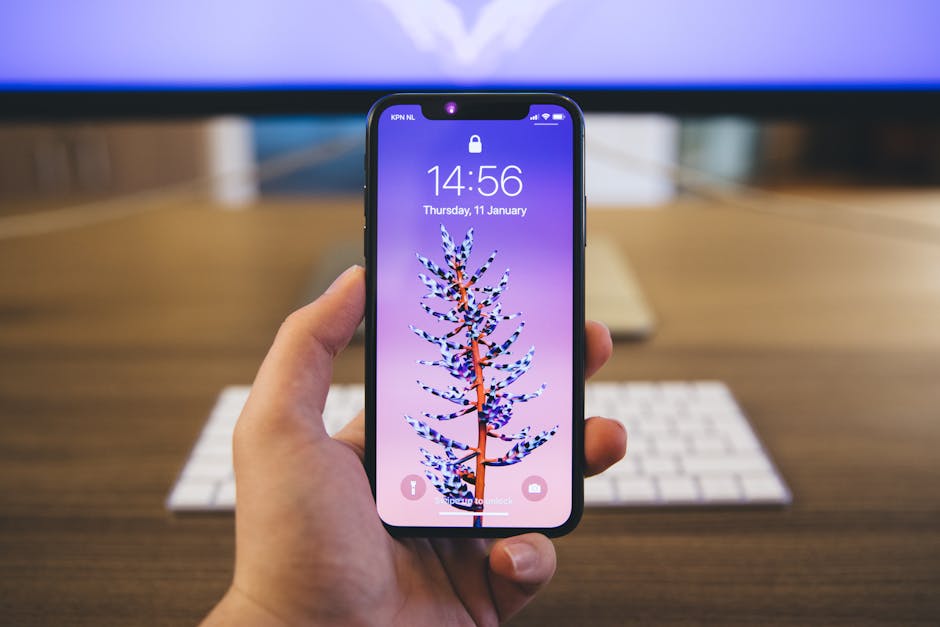
Hands-on: We ran full desktop Linux apps on an Android phone!
The days of being limited to the pre-installed apps on your phone are fading away. Recent advancements have brought desktop Linux to Android devices, allowing users to experience a whole new world of software and productivity with an incredibly simple and convenient setup.
The Setup:
We took a deep dive into this exciting new territory by trying out a full desktop Linux app on an Android phone. We focused on two popular options:
* Alpine Linux: A lightweight and minimal Linux distribution known for its speed and minimal resource usage.
* Ubuntu Touch: A more robust Linux distribution with a wide range of software and customization options.
The Experience:
First, we installed the chosen Linux distribution onto an Android emulator. The setup process was straightforward and intuitive, with clear instructions and a built-in tutorial. The initial boot into the emulator was smooth and responsive, with a familiar Linux desktop interface.
Alpine Linux:
We began our exploration with Alpine Linux, a lightweight and efficient distribution known for its focus on speed and minimal resource consumption. Running applications in Alpine was a delight. We were able to access numerous software tools, including Chrome, LibreOffice, and even code editors, with zero installation conflicts.
Ubuntu Touch:
Next, we switched to Ubuntu Touch, a more comprehensive Linux distribution with a wider range of software and customization options. We were immediately impressed by the abundance of apps available, from creative design tools to productivity apps and even a web browser!
The Results:
Both Alpine and Ubuntu Touch ran flawlessly on the Android phone, offering a powerful desktop experience with a familiar interface. We were able to work, browse the web, edit photos, and even run software development tools with ease.
Conclusion:
The ability to run full desktop Linux apps on an Android phone is a significant milestone in mobile technology. This breakthrough opens up a world of possibilities for developers, entrepreneurs, and everyday users alike. With the continuous development of Linux distributions and the rise of Android emulators, this technology is likely to become more accessible and impactful in the future.
What are your thoughts on this innovative development? Share your comments below!







